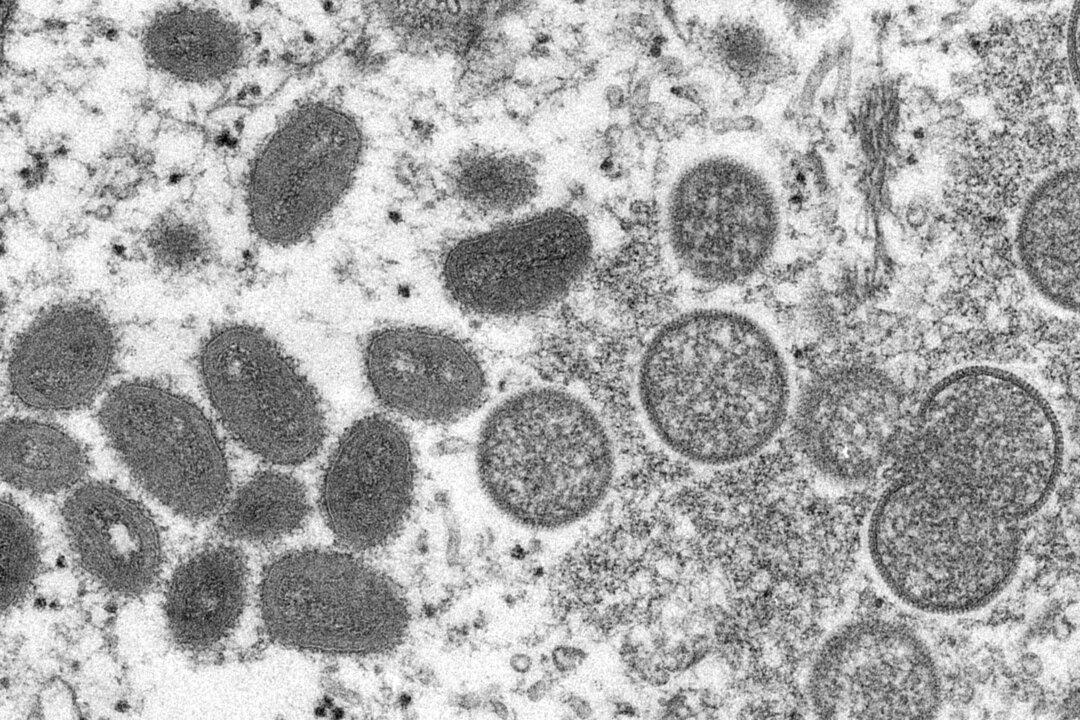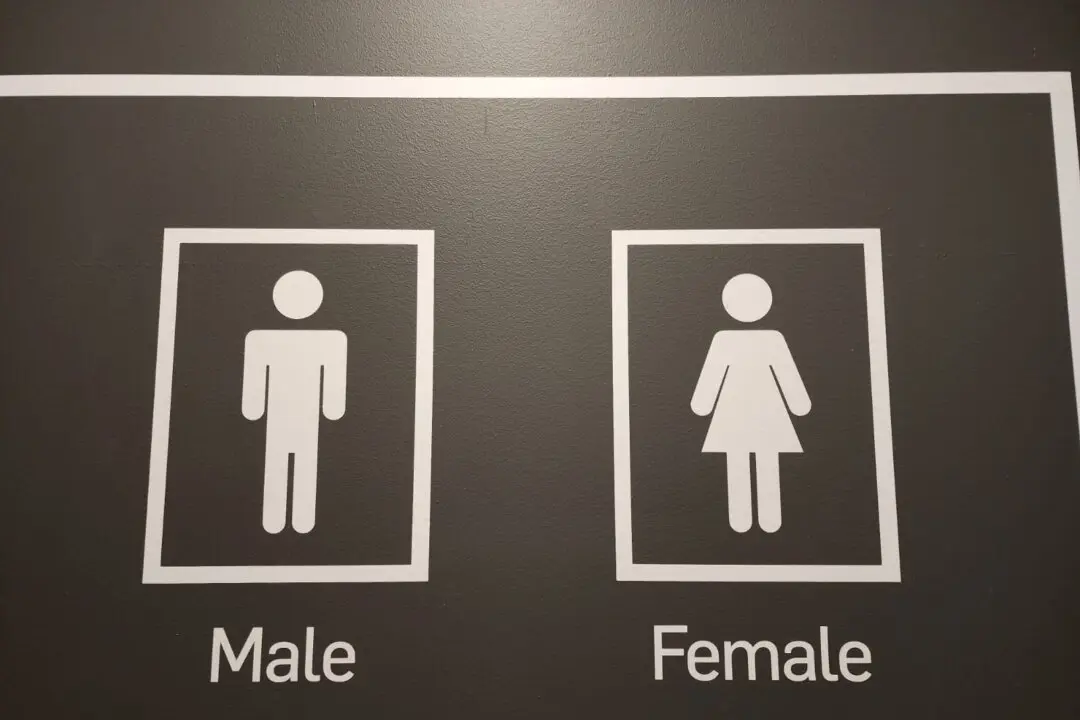A pet dog of a homosexual male couple has been confirmed positive for monkeypox in France in what is believed to be the first recorded case of human-to-dog transmission of the infection.
On June 10, two men, ages 44 and 27, visited a hospital in Paris. The men are “non-exclusive partners living in the same household,” according to an Aug. 10 Lancet study detailing the case. In the 44-year-old, anal ulceration was followed by a vesiculopustular rash on the face, ears, and leg. In the 27-year-old, vesiculopustular rashes were seen on the legs and the back.






